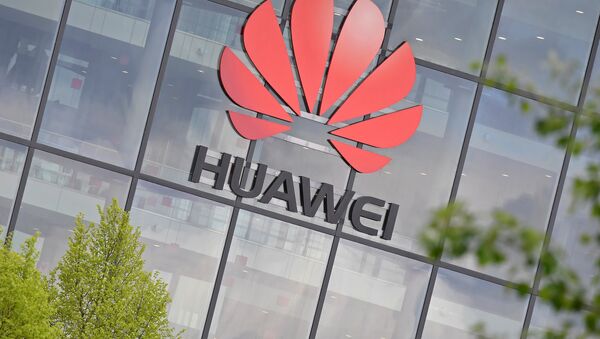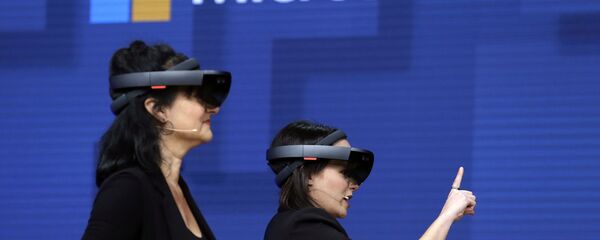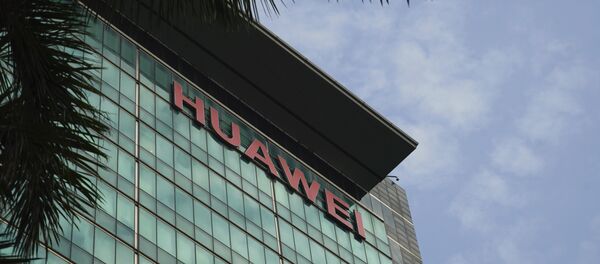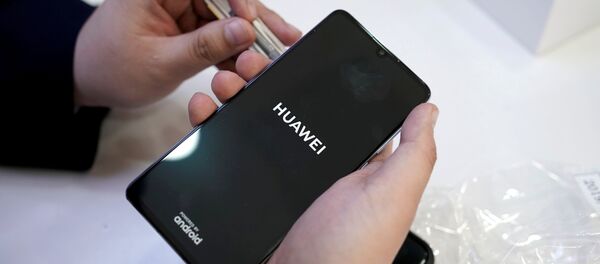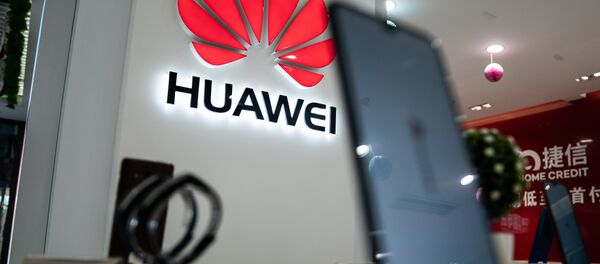Huawei's recent court motion has thrown into question the constitutionality of Section 889 of the 2019 National Defense Authorization Act (NDAA) that curbs the company's business in the US.
"This legislation provides Huawei with no opportunity to defend ourselves or provide evidence. It gives us no opportunity to present a rebuttal. This is 'trial by legislature', and it is prohibited by the US Constitution", Huawei's chief legal officer, Song Liuping, stated on 29 May.
According to Francis A. Boyle, a professor of international law at the University of Illinois's College of Law, Huawei has nearly zero chance of winning the case.
"I doubt very seriously that Huawei will succeed on the merits of this lawsuit given the legal precedents that are already on the books and now that President Trump has two of his own nominees on the US Supreme Court. The Supreme Court has already given President Trump his Muslim Travel Ban. I suspect the Supreme Court will also give him his Huawei Ban", he said.
It is extremely unlikely that Huawei Technologies will prevail in court, explained John Plecnik, Associate Professor of Law from the Cleveland-Marshall College of Law.
"In the American system, declaring a law unconstitutional is an extraordinary remedy for an extraordinary overreach that is seldom granted. Section 889 of the 2019 National Defense Authorization Act currently prohibits government agencies from procuring telecommunications equipment from Huawei, and its counsel argues this prohibition is an unconstitutional "bill of attainder" that punishes Huawei without due process. Similar arguments by other litigants have failed in the past, and it is unlikely that any federal court will view a prohibition on government contracting as a "punishment.""
Moreover, even if Huawei were to prevail in the lower court, "it is inevitable that the government would appeal."
"I think the probability of success here is low", the academic said. "I think that the courts are probably not going to give a lot of deference to their arguments simply because whenever it comes to national security issues, traditionally the Federal Government has a great deal of levy in carrying out regulations and policies that they deem necessary to protect the national interests".
According to the academic, even if Huawei succeeds with its motion in the American district court, "the [US] Federal Government would have the ability to offer a proof for their concerns". However, "at that point there would be an opportunity for the Chinese company to respond", he added.
Kopko elaborated that even if Huawei loses the case, the litigation would go on as the Chinese company is likely to appeal to the US Court of Appeals.
According to the academic, there was "really no harm in [Huawei] filing this challenge in the district court", as the Chinese company "[has] nothing to lose by filing this legal action".
US Tightening Screws on Huawei
On 16 May, the Trump administration blacklisted Huawei Technologies Co. and its affiliates in the US. American tech companies like Qualcomm, Intel, and Microsoft immediately stopped cooperation with the Chinese giant. For its part, Google has prohibited Huawei from getting Android updates. Many international companies severed ties with Huawei following the imposition of the ban.
However, on 20 May the US Commerce Department announced that it had granted American producers a 90-day waiver to work with the Chinese tech giant for maintenance and security purposes.
The same day, Google specified that some of its services would be working on existing Huawei smartphones.
"We assure you while we are complying with all US gov't requirements, services like Google Play & security from Google Play Protect will keep functioning on your existing Huawei device", the Android Twitter account said.
The Trump administration started cracking down on the Chinese company and its 5G equipment, as well as urging Washington's European and Asian allies to remove the Chinese company's devices from the core of the network infrastructures. Much in the same vein, in December 2018, Meng Wanzhou, the company's chief financial officer and daughter of Huawei CEO Ren Zhengfei, was arrested in Canada at the request of American authorities.
The views and opinions expressed by the speakers do not necessarily reflect those of Sputnik.

